Melbourne Recycling – Everything You Need to Know
Thousands of tonnes in waste production annually from Melbourne result in substantial landfill deposits. The recycling system of Melbourne functions as an essential element for lowering ecological effects while establishing sustainability. Mosman Council operates multiple waste management initiatives that promote proper waste handling practices.
Knowledge about Melbourne recycling regulations together with operational procedures and optimal practices stands vital for minimizing landfills through environmental protection. Larn about waste collection services, and discover how to minimize your household waste effectively.
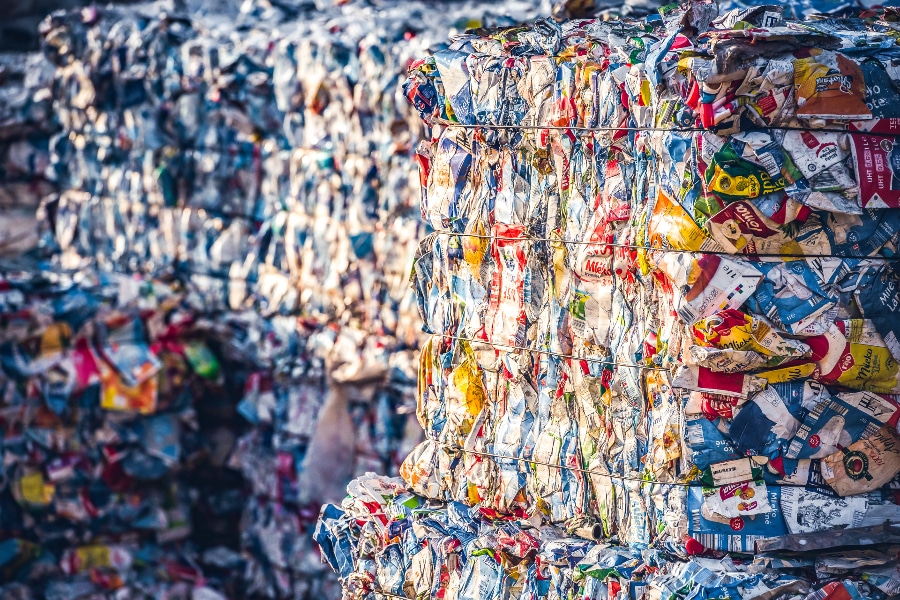
Understanding Melbourne Recycling Waste Collection System
Kerbside Collection Services
Melbourne residents have access to a kerbside collection system managed by local councils. The bins are color-coded to make waste separation easier:
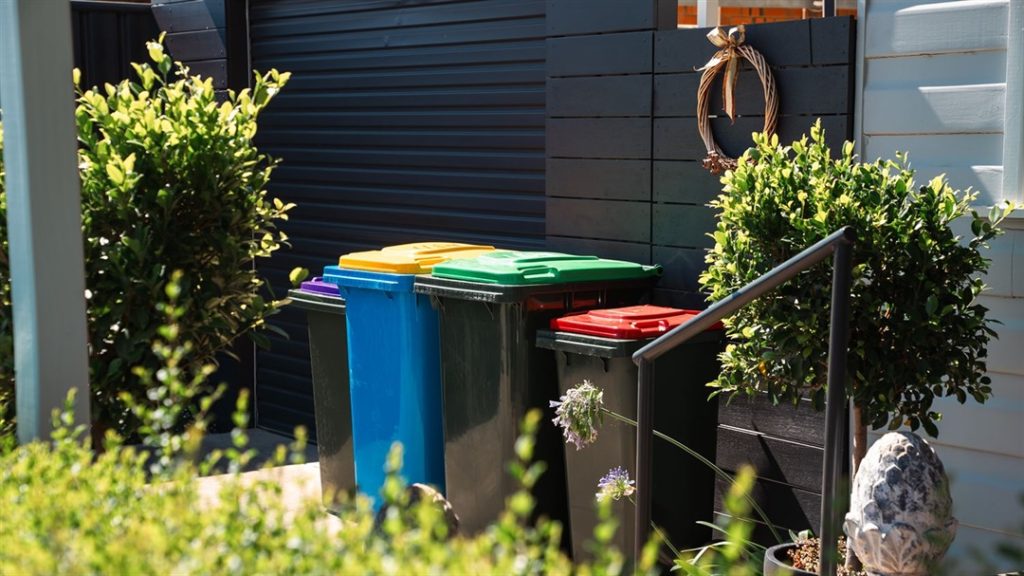
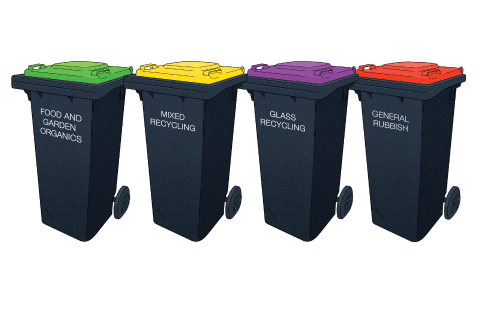
- Red Lid Bin – General waste (landfill only)
- Yellow Lid Bin – Mixed recyclables (paper, cardboard, plastics, metals, and glass in some councils)
- Lime Green Lid Bin – Food and garden organics (FOGO)
- Purple Lid Bin – Glass recycling (being introduced across Victoria)
Each council has a different schedule for collection, with most offering weekly or fortnightly services for general waste and recycling. Check your local council’s collection schedule here.
Hard Waste Collection
Community members residing in Melbourne have the opportunity to discard bulky waste through scheduled hard waste collection services organized by their council. Items accepted include:
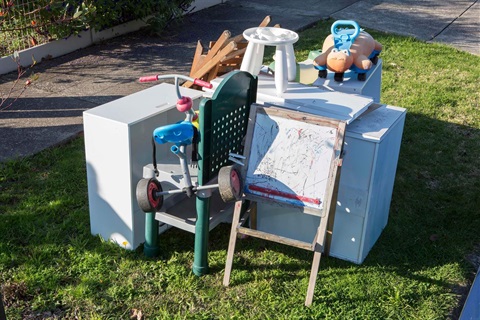
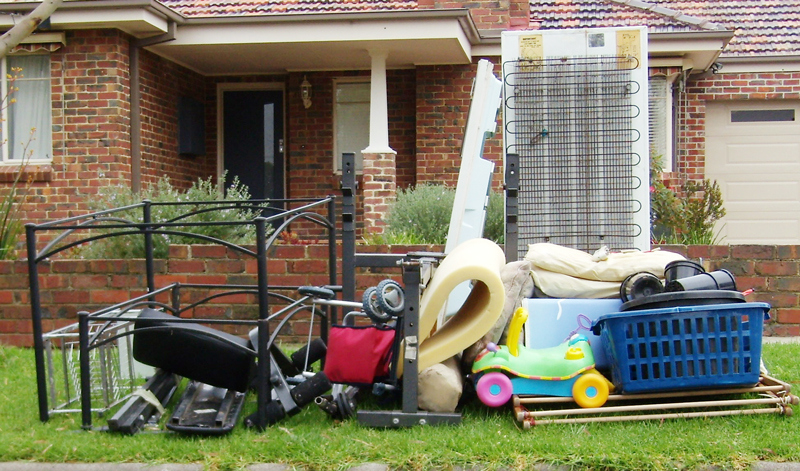
- Household furniture
- White goods and scrap metal
- Electronic waste (TVs, computers, and small appliances)
- The collection service accepts both garden waste like branches together with sticks and garden clippings.
- Mattresses
Residents need to schedule their hard waste collection before the council will pick it up while additional restrictions exist on which items get accepted during this service. The hard waste collection schedule and guidelines are available on this link for your local council.
Drop-off Locations for Special Waste
Residents must bring specific materials to specific facilities for proper disposal because residential collection services fail to accept these items. Common drop-off locations include:
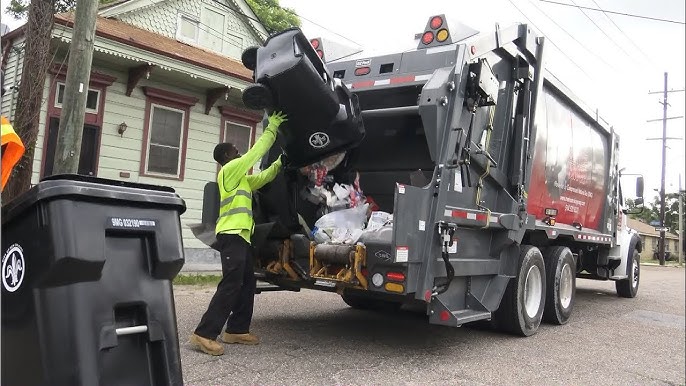
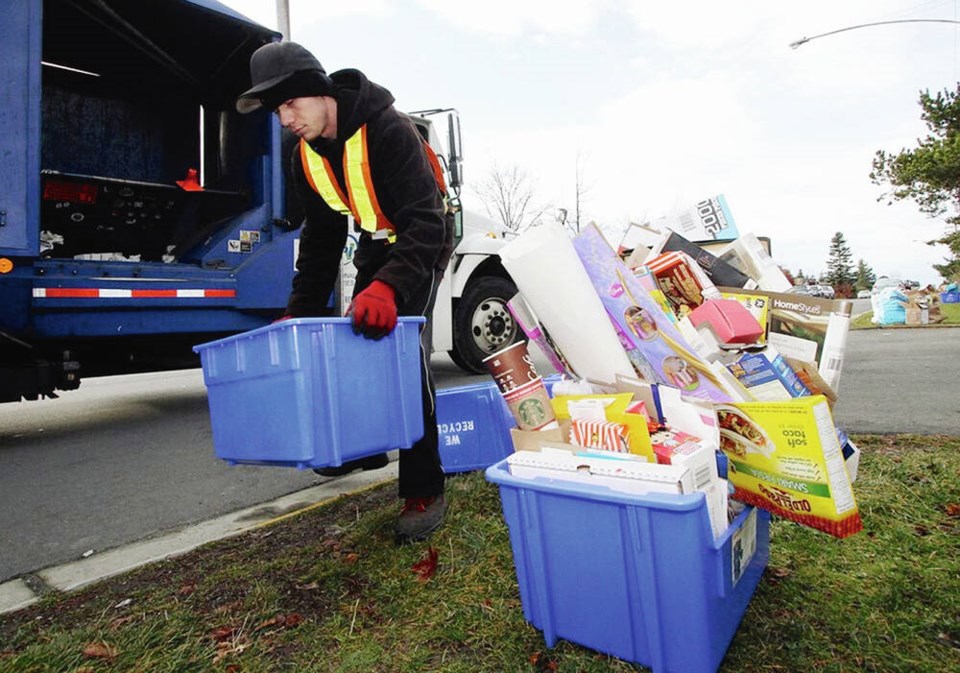
- E-waste recycling centers for batteries, computers, and televisions
- Resource recovery centers for furniture, scrap metal, and green waste
- Household chemical disposal sites for paints, pesticides, and cleaning products
- Soft plastic recycling programs such as REDcycle (currently under review)
Waste Management Laws and Policies in Melbourne Recycling
The waste management policies in Melbourne meet the requirements of national and state government guidelines which include:
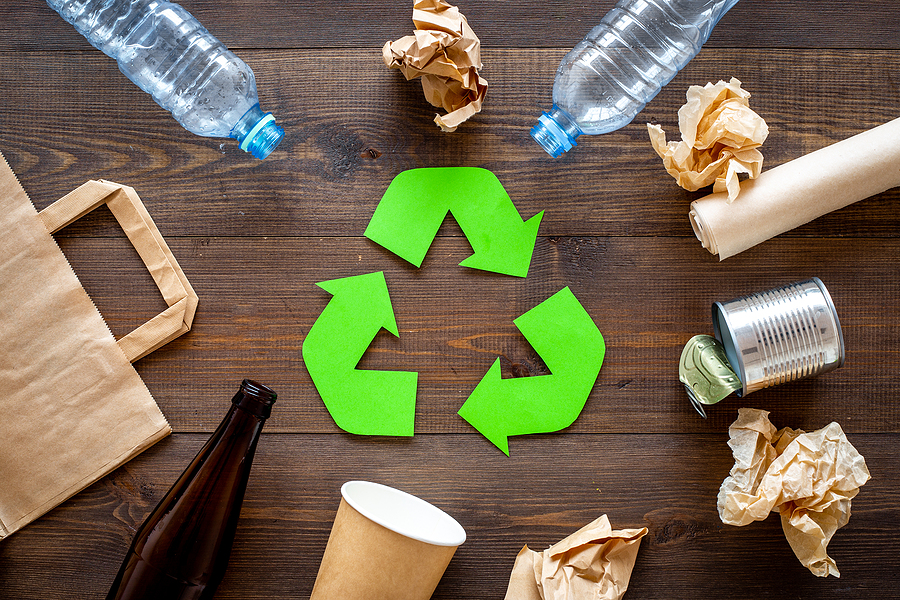
- National Waste Policy – A strategy to reduce waste and promote a circular economy.
- Product Stewardship Act 2011 – Requires manufacturers to manage the environmental impact of their products.
- Victoria’s Waste and Recycling Act – Introduced to improve waste management infrastructure and services.
- Single-Use Plastics Ban – Effective from 2023, banning items like plastic straws, cutlery, and plates.
The implemented laws work toward creating responsible waste solutions while requiring manufacturers to take ownership of their products’ environmental impacts. Check out waste management policies operating in Victoria
Recycling Best Practices for Melburnians
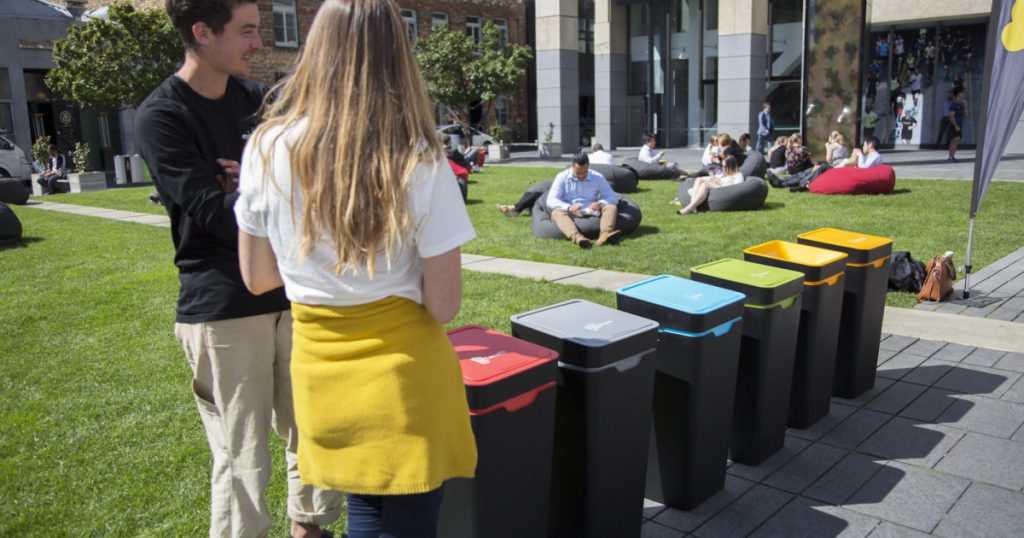
Common Recycling Mistakes to Avoid
To ensure effective Melbourne recycling, residents should avoid common mistakes, such as:
- Placing soft plastics (plastic bags, wrappers) in the recycling bin
- Disposing of contaminated food containers without rinsing them
- Mixing broken glass with standard recyclables (use the purple lid bin if available)
- Putting polystyrene and plastic film in the yellow bin (must be taken to drop-off points)
Did You Know?
❌ Placing plastic bags in the yellow bin can contaminate an entire truckload of recyclables, sending it to landfill instead of being processed! Always check with your local council for recycling guidelines.
How to Dispose of Difficult-to-Recycle Items
- Soft plastics – Soft plastics should go to the collection points set up by supermarkets for this purpose. These collection points have limits though.
- Clothing and textiles – Give your clothes or textiles to either charity centers or visit textile recycling locations
- Construction waste – People must deliver their construction waste at permitted recycling hubs for treatment and processing.
- Batteries and electronics – Use e-waste disposal bins at local recycling centers
Proper recycling methods prevent pollution and make more materials available for reusability.
Sustainable Waste Reduction Tips for Households
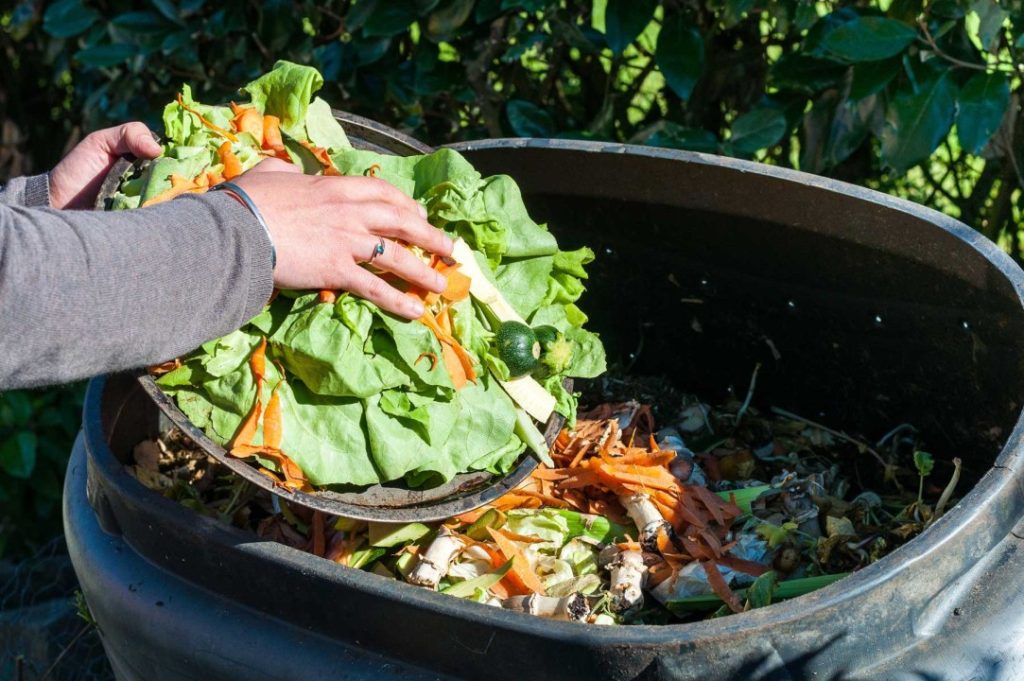
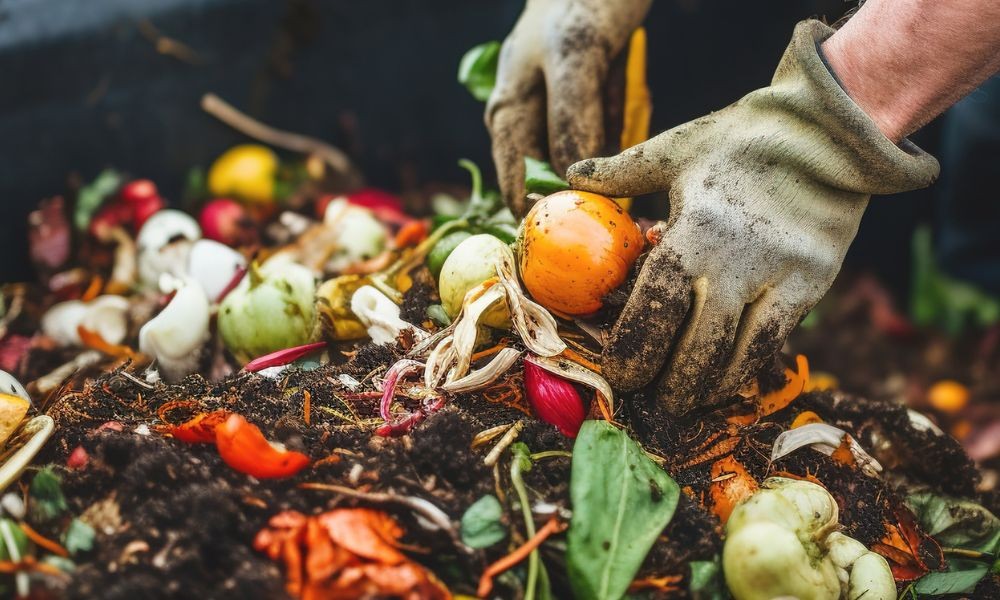
- Put food scraps into your home compost container or the FOGO bin through the local council service.
- Change to reusable options such as cloth bags, metal straws and emptyable water containers instead of disposable products.
- Wear down items instead of buying new through fix-it shops across the city.
- Second-hand shopping is easy to do in Melbourne because the city offers many thrift stores and platforms for buying upcycled items.
- See specific rules about waste disposal through an online search of your local council’s recycling website.
Community Engagement and Etiquette in Waste Management
Recycling is a shared responsibility, and good waste management practices benefit the entire community. Here’s how Melburnians can contribute:
- Follow council guidelines on waste separation and collection schedules.
- Be mindful of bin etiquette – do not overfill bins or use a neighbor’s bin without permission.
- Participate in sustainability programs such as local clean-up initiatives and waste-free challenges.
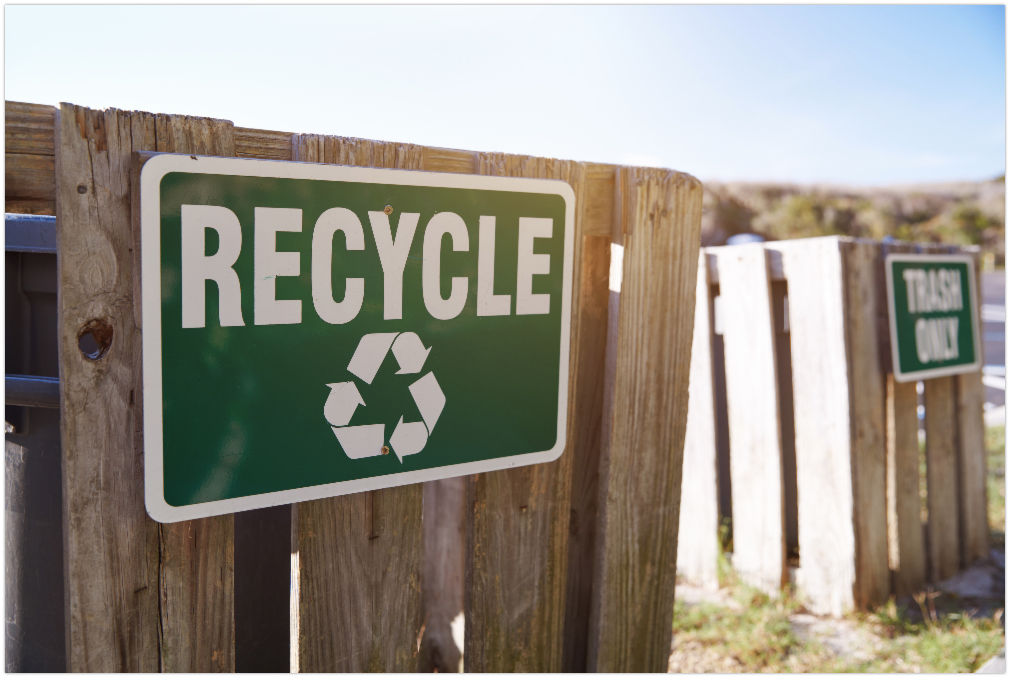
The Melbourne Recycling programs establish waste management approaches that assist residents in reducing landfill waste and achieving sustainable goals. The knowledge of how Melbourne collects waste at the curb combined with essential drop-off practices and recycling techniques allows citizens to help transform the city into a cleaner environment.
Take Action Today!
✅ Check your council’s waste rules.
✅ Start composting to reduce food waste.
✅ Join a Melbourne recycling initiative.
For more information, visit your local council’s website or Victoria’s waste management resources. Stay updated on Melbourne Recycling programs here.
Visit Everything in Melbourne
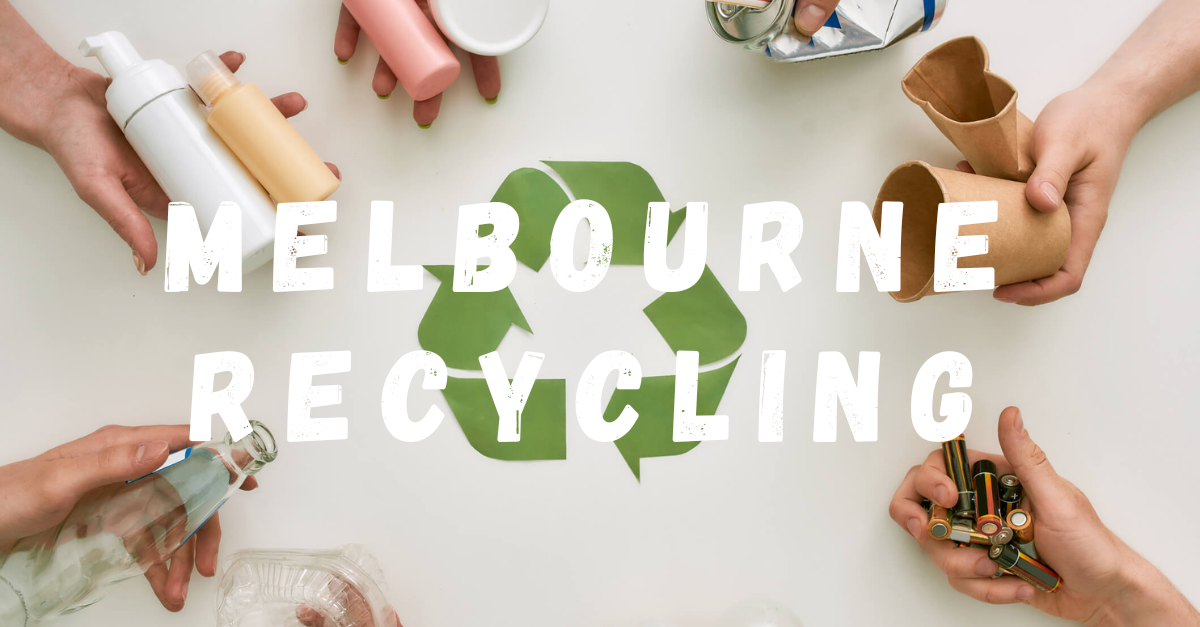
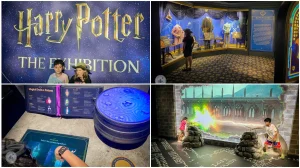





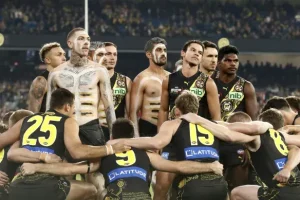
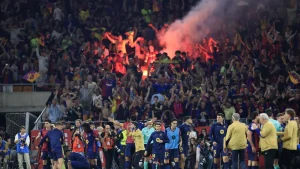
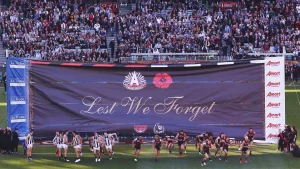
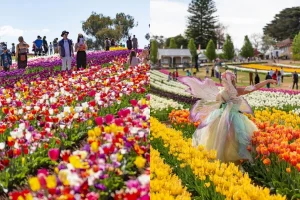
Post Comment